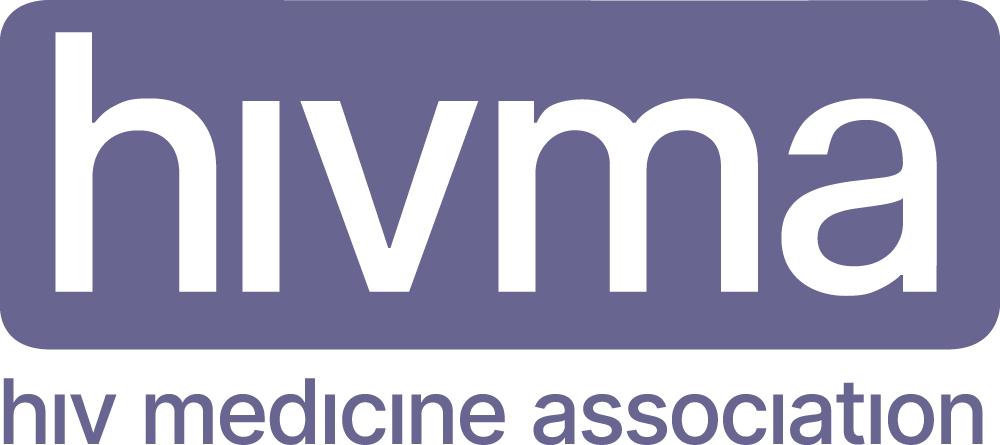House moves to strip health coverage from millions of Americans including many people with HIV
Last Updated
May 29, 2025
The 2025 reconciliation package, or the “One Big Beautiful Bill,” passed by the House of Representatives on May 22 by one vote would take away Medicaid coverage from more than 10 million Americans, including many people with HIV. Medicaid is the largest health insurer for people with HIV, with more than 40% having Medicaid coverage. The proposed cuts to the Medicaid program threaten the health of people with HIV, as HIVMA noted in a statement released after a version of the bill was advanced by the Energy and Commerce Committee.
“Imposing administrative hurdles and fees for low-income people with HIV will delay treatment, leading to poor health and increasing overall costs to the health care system,” said Colleen Kelley, MD, MPH, FIDSA, chair of HIVMA.
The Senate is now developing its own version of the bill with a goal of advancing it before the July 4 recess. The two chambers of Congress will then need to negotiate a final package.
Take action now
Help stop cuts to Medicaid coverage that will harm people with HIV by letting your members of Congress know how their constituents would be impacted by cuts to Medicaid coverage. Share HIVMA’s new Medicaid fact sheet. Personalize your message to have the greatest impact.
More on the House of Representatives “One Big Beautiful Bill”
The House bill would cut Medicaid funding at unprecedented levels (more than $700 billion) by reducing enrollment, increasing cost sharing and restricting state funding mechanisms. Highlighted below are five key policy changes that would impact people with HIV. For more details, see KFF’s Tracking the Medicaid Provisions in the 2025 Reconciliation Bill and How Will the 2025 Budget Reconciliation Affect the ACA, Medicaid and the Uninsured Rate?
“Work” or “community engagement” requirements that deny access to the health care needed to work
- Requires most Medicaid expansion enrollees to report 80 hours of work or “community engagement” activities a month. The provision would take effect Dec. 31, 2026.
Why it matters:
- A majority of Medicaid enrollees work, with the exception of those who are unable to because they are disabled
- Evaluations of states, such as Arkansas and Georgia, that have enacted work requirements cut off people who are working and led to lower levels of enrollment while increasing administrative costs
More frequent eligibility determinations for the Medicaid expansion population
- Requires states to conduct eligibility determinations every six months for the Medicaid expansion population
Why it matters:
- More frequent eligibility verifications for Medicaid beneficiaries and people with HIV have been shown to cut off services for people who are eligible and who are in greater need of health coverage and services
Requires higher cost sharing for some of the Medicaid expansion population
- Imposes mandatory cost sharing of up to $35 on adults with incomes between 100% and 138% of federal poverty levels (or $15,650 to $21,597 in income per year for an individual)
Why it matters:
- Studies routinely find that higher cost sharing limits access to necessary health care services
Penalizes states for covering immigrant populations with state funding
- Lowers the federal matching rate for a state’s Medicaid expansion population from 90% to 80% for states that provide state-supported coverage to individuals who are not a “qualified alien” or a “child or pregnant woman who is lawfully residing in the United States”
Why it matters:
- The provision would affect 14 states and the District of Columbia that cover — with state or city funds — undocumented immigrants and/or lawfully residing residents with the exception of children or pregnant women
Prohibits Medicaid coverage for gender-affirming care
- Medicaid and the Children’s Health Insurance Program are barred from covering “gender transition procedures” defined to include puberty blockers, hormone treatment and surgery upon enactment
Why it matters:
- One in five transgender individuals have Medicaid coverage
Medicare physician payment provision
The House bill includes a provision that ties Medicare physician payment updates to the Medicare Economic Index, a measure of practice cost inflation, beginning in 2026. This approach has long been supported by the medical community as an improvement to the current policy for annual physician reimbursement updates, but it alone may not have a major impact, particularly since the updates are tied to a lower percent of the MEI in 2027 and beyond.
Under this provision, in 2026, physicians would receive an update of 75% of MEI (estimated to be a 1.9% increase); beginning in 2027 and each subsequent year, they would receive 10% of MEI (estimated to be a 0.23% increase for 2027). MEI projections could change, which means the estimated payment adjustments for physicians would change accordingly.
About IDSA and HIVMA
The Infectious Diseases Society of America is a global community of 13,000 clinicians, scientists and public health experts working together to solve humanity’s smallest and greatest challenges, from tiny microbes to global outbreaks. Rooted in science, committed to health equity and driven by curiosity, our compassionate and knowledgeable members safeguard the health of individuals, our communities and the world by advancing the treatment and prevention of infectious diseases. Within IDSA, the HIV Medicine Association is a community of health care professionals who advance a comprehensive and humane response to the HIV pandemic, informed by science and social justice. Visit idsociety.org and hivma.org to learn more.
